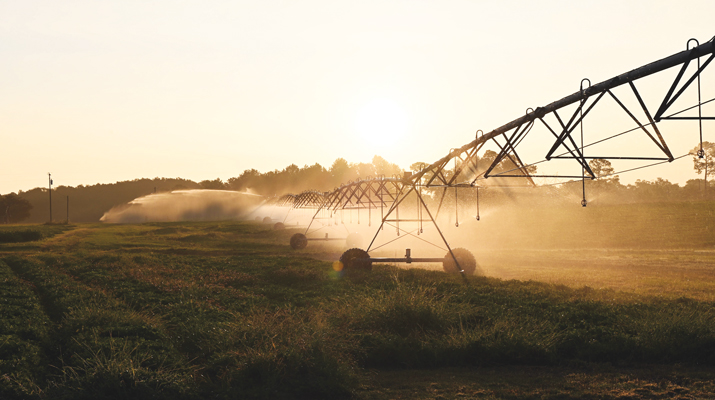Don’t let distractions hinder training plans
Sometimes the workflow can become a blur and we lose sight of important priorities.
It’s true that propane marketers are vulnerable to many distractions that qualify as excuses to put off safety planning, employee training and customer training. They include:
■ Fluctuations in the cost of product
■ Issues of supply and availability
■ Discount pricing from competitors
■ The high cost of steel, equipment, trucks and fuel
■ The high cost of employee benefits
■ Dealing with legislative pressure to regulate pricing and distribution
■ Treacherous weather conditions
In times of distraction we must refocus our efforts, re-check our priorities and make sure that employees are trained to do their jobs safely.
One of the best ways to avoid distraction is to list those who have a stake in the safety process – employees and their families, customers and their families, suppliers, vendors, subcontractors, emergency personnel, insurance companies, stockholders. And let’s not forget the lawyers. Each can be impacted by a significant accident.
Take the time to remember that we all have a stake in safety. With this understanding, the single most important factor in achieving safe growth is teaching employees how to do their jobs safely. You have many options:
■ Classes by outside trainers
■ Product vendors who provide training for service and installation
■ Regional CETP training classes
■ CETP e-learning
There are many options for topics and curriculum designed to educate and promote safe practices:
■ Basic principles and practices
■ Bobtail delivery and refresher
■ Office basics
■ Emergency response training
■ Appliance installation and service
■ Distribution system operations
■ Gender and security sector reform
The next training level involves outside stakeholders such as emergency responders, vendors, contractors and customers – both residential and commercial. It is essential that we make an effort to educate these folks on ways they can be partners in safety.
Emergency responders must be trained on dealing with propane emergencies. Vendors such as bottle fillers and wholesale customers who retail our products are responsible for adhering to code and safety compliance. Contractors who use propane for forklifts and temporary heat, too.
Lastly, we have the training and education of customers. Residential customers should get regular communications on the safe use of propane. We need to give it our best shot at helping these customers understand what to do in an emergency and discourage untrained work on the system.
Commercial customers also need training and education on how to use propane products safely. Issues of review might include OHSA compliance, forklift safety, standby system safety, cylinder use and storage.
This spring you have the opportunity to create a new start with a fresh mind and up-to-date ideas that only safety training can provide. Discuss the problems, design solutions and spring into safety planning today.
















